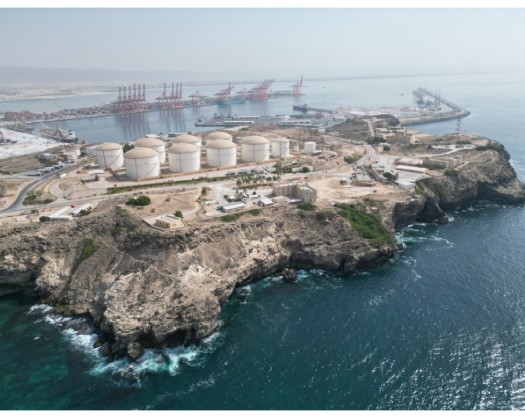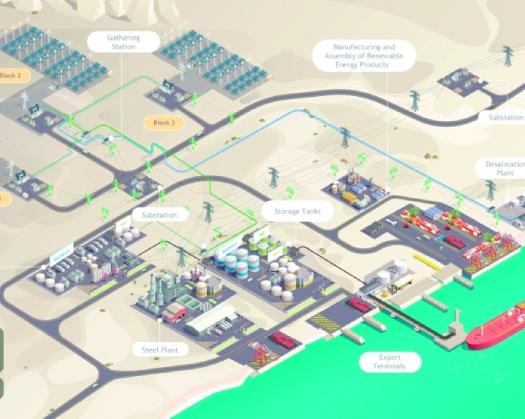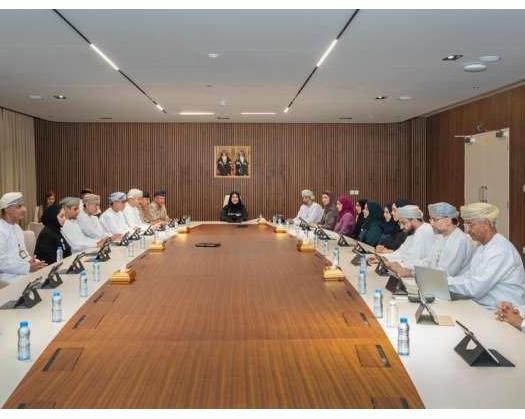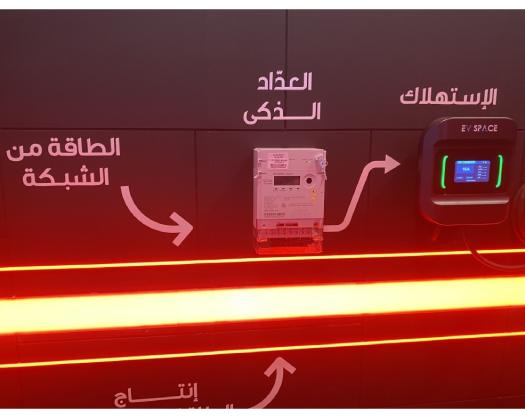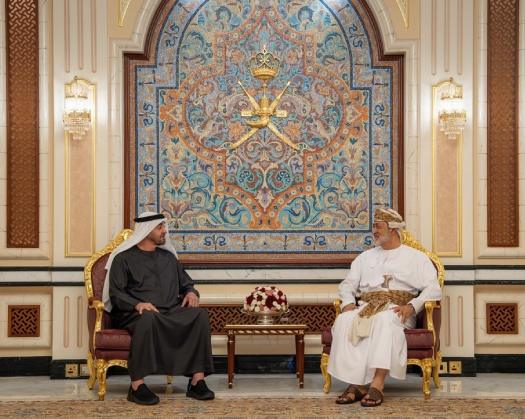The Port of Salalah has once again proven its efficiency by maintaining its position as the second most efficient container port globally, as per the 2023 Container Port Performance Index (CPPI). Additionally, it has secured the top rank in the West Central and South Asia region.
The CPPI, a collaboration between the World Bank and S&P Global Market Intelligence, utilized data from 405 ports worldwide, making it the most extensive dataset to date. This data included over 182,000 vessel calls, 238.2 million moves, and around 381 million twenty-foot equivalent units (TEUs) for the entire year of 2023.
Port efficiency was evaluated based on vessel turnaround time, referred to as 'Total Port Hours,' which encompasses the duration from a ship's arrival at the port limits, pilot station, or anchorage zone, until its departure after cargo exchange completion. The Port of Salalah, with 1,146 vessel calls, achieved an index score of 164.72, placing it second globally behind Yangshan in China, which had 3,509 vessel calls and a score of 177.9.
Amidst the disruptions in the region that have caused shifts in global rankings, China's Yangshan Port has maintained its top position, while the Port of Salalah has secured the second spot. Moving up to third place is the Port of Cartagena in Colombia, followed by Tanger-Mediterranean in Morocco in fourth place, and Malaysia's Tanjung Pelepas Port rounding out the top five.
The Port of Salalah's strategic location, expanding connectivity, and exceptional operations give its customers a significant advantage in the region. Serving as a crucial transshipment hub, Salalah plays a vital role in boosting the local economy in Dhofar by providing excellent connectivity for importers and exporters to engage in global trade. The port's high efficiency instills confidence in local businesses and attracts investment, including foreign direct investment (FDI).
Currently, the Port of Salalah is undertaking a USD 300 million project to upgrade and expand its container terminal. In the upcoming week, the port will receive the final four out of ten new ZPMC ship-to-shore cranes. The initial cranes, boasting a 75 m/26 container outreach, arrived at the beginning of 2024 and are currently undergoing commissioning and testing to commence operations.
Upon the completion of the project in the initial quarter of 2025, the terminal's annual capacity will witness a boost from 5 million to 6 million TEU. This additional capacity will enable it to effectively function as a crucial hub for the Gemini Cooperation, a long-term operational partnership between Maersk and Hapag-Lloyd, commencing in February 2025. Furthermore, there will be surplus capacity accessible for other shipping lines.
Keld Christensen, the CEO of Port of Salalah, emphasized the significance of retaining the title for the third consecutive year, stating that it demonstrates their unwavering dedication to continuous performance improvement, even in the face of difficult circumstances.
Meanwhile, Scott Selman, the COO of Port of Salalah, expressed his satisfaction with the Port of Salalah's ability to maintain its position despite the obstacles faced by the global container trade, which have had a detrimental effect on vessel schedules. He acknowledged that 2023 has been particularly challenging due to the ongoing construction of the Container Terminal upgrade.

